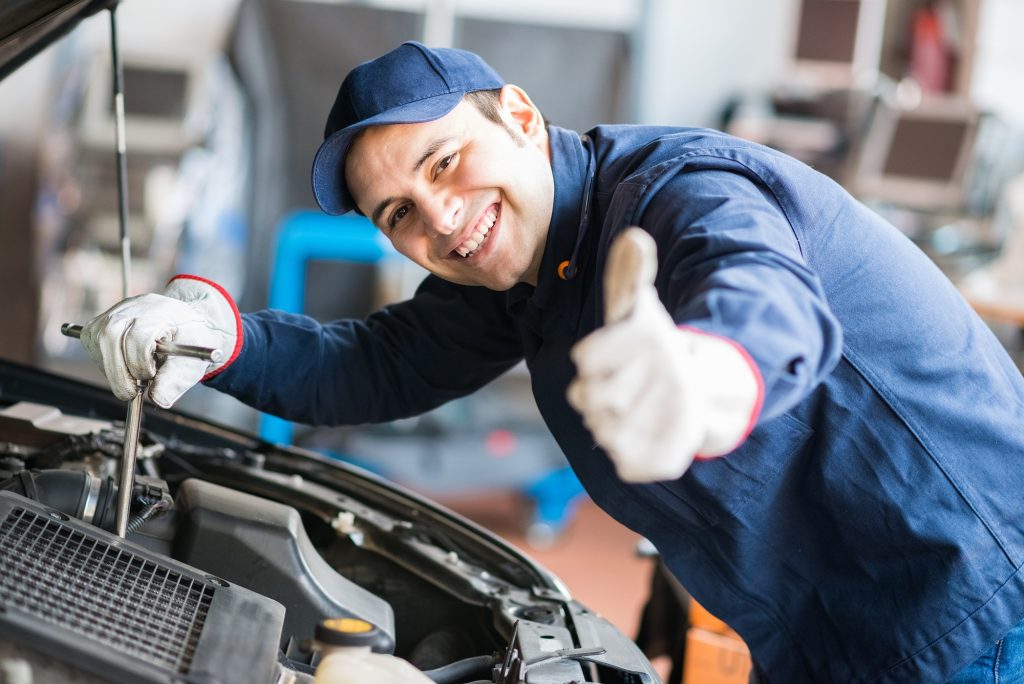

They specialize in inspecting, repairing, maintaining and installing HVAC units in residential and commercial buildings. Heating, air conditioning and refrigeration mechanics are also called HVAC technicians. Read more: Learn About Being a Diesel Mechanic Heating, air conditioning and refrigeration mechanic Most diesel mechanics attend diesel technology programs offered by a vocational school or college. These vehicles require a great deal of maintenance to run well, and diesel mechanics usually work on-site, as diesel equipment is usually too large and complex to work on in a garage. They often work on heavy vehicles, like long-haul trucks, buses and airplanes. Diesel mechanicĭiesel mechanics specialize in equipment and machines that use diesel fuel. These are complex machines, and many heavy vehicle mechanics complete a specialist program in vocational schools or colleges. They need to inspect, maintain and repair equipment designed to do heavy work. Heavy vehicle mechanics often work on-site rather than in a garage. Heavy vehicle mechanics often work on farm, construction and railroad equipment that is too large to take to a shop.

Read more: Learn About Being a Mechanic Heavy vehicle mechanic They can be vulnerable to seasonal trends, so working independently requires careful financial planning. Small engine mechanics can work with companies or start their own businesses. They are familiar with a wide range of equipment and many different kinds of customers. Small engine mechanics work with a variety of machines including boats, lawn equipment and jet skis. While automotive mechanics do not need certification or training to start, many companies seek individuals who have completed a training program at a vocational school or community college. They also diagnose more serious problems by analyzing computerized printouts from diagnostic tests. They complete routine maintenance, such as rotating and replacing tires, performing alignments, changing oil and replacing filters and belts. Heating, air conditioning and refrigeration mechanicĪutomotive mechanics work on vehicles that run on gasoline, ethanol and electricity. Here are the different types of mechanics: Mechanics repair and maintain machinery in many settings with salaries varying by industry. Related: 6 Tips for Your Next Salary Negotiation Different types of mechanics Here is the average salary for mechanics in each state: State salaries also differ depending on what industries are prevalent in the state.
#Mechanic salary professional
These certifications demonstrate a mechanic's expertise and experience, and they are offered through vocational schools and professional organizations.Ī mechanic's pay might vary by state due to differences in standard of living like housing costs, which affect salaries in many industries. Mechanics can earn certifications in their particular focus. Some industries pay higher than others due to how complex the machines are and the training or certification that is required. Updated salary information can be obtained on Indeed, Mechanic salaries can vary depending on the industry, how much experience they have, what certifications they have and where they work. is recorded here at $19.82 per hour with $6,750 of overtime pay per year.

The average salary for mechanics in the U.S.
#Mechanic salary how to
Related: How To Determine What to Do With Your Life Average salary for mechanics In this article, we list a mechanic's average salary, explain the different kinds of mechanics and explore the job outlook for mechanics. Once you understand what kind of work is available for mechanics and how much they are usually paid, you can determine if it is a career that you are interested in pursuing. Mechanics repair and maintain machinery in many industries.


 0 kommentar(er)
0 kommentar(er)
